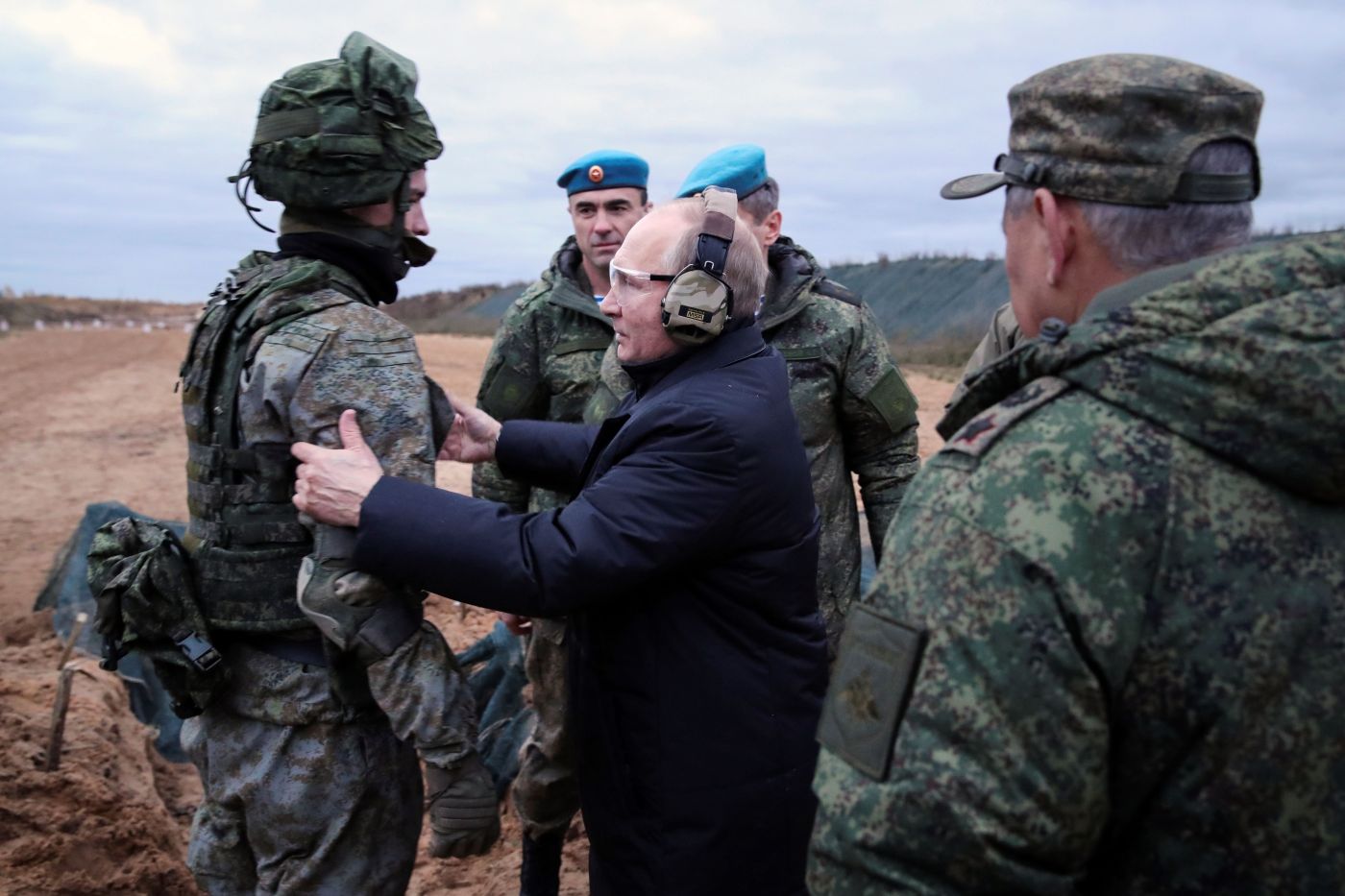
Lowry: It makes no sense to abandon Ukraine
Millions for defense, but not one cent for Ukraine.
That’s the rallying cry of opponents of a new $60 billion tranche of aid for Ukraine led by Ohio’s Republican senator, J.D. Vance.
Vance deserves credit for taking his perspective directly into the belly of the beast at the Munich Security Conference, where he rowed against the tide by advocating for abandoning the embattled Western ally.
Vance says the problem “is that there’s no clear end point” in the Ukraine war. True. Most wars don’t come with clear end points attached. It’s also not unusual that wars become slugfests of attrition, which Ukraine is now.
But there are two general end points that are possible to imagine: 1) The Ukrainians continue to hold off the Russians such that Moscow is eventually exhausted and becomes willing to cut some sort of deal, or 2) the Russians sweep to victory.
Starving Ukraine of ammunition is certainly one way to bring the war to an end, just not on terms favorable to Ukraine, the West or our interests.
Vance says the latest aid package “is not going to fundamentally change the reality on the battlefield.” If he means that it isn’t going to allow Ukraine to break through Russian lines, he’s correct. But denying the aid to Ukraine could, indeed, fundamentally change the reality on the battlefield by enabling a broad Russian advance.
There is a circularity to the argument of opponents of more aid — by delaying further support they have undermined Ukraine’s position on the battlefield, which they say shows that Ukraine’s cause is hopeless and undeserving of more U.S. backing.
If Russia gets the upper hand again, it won’t be the formula for the peace deal that Vance envisions. According to U.S. estimates, Russia has suffered more than 300,000 casualties. It has lost 3,000 tanks and 20 ships in the Black Sea. It has spent more than $200 billion on the war, and it has seen about $1 trillion in anticipated economic growth disappear.
After this toll, if Russia begins to get a decisive edge, we’re supposed to believe that it would just call a unilateral halt in the interests of seeking a negotiated settlement? At the very moment when it wouldn’t need a negotiation to get what it wants? Why? Putin has made grievous mistakes in Ukraine, but he’s not an idiot.
It’s true that if Putin prevails in Ukraine, he’s not immediately going to proceed to Warsaw. But he might move against Moldova or, with time, the Baltic states, which would provoke an even more dangerous confrontation with the West since Estonia, Latvia, and Lithuania are NATO members.
The Ukraine war is expensive, no doubt. But it is being fought exclusively by the Ukrainians, who just want the resources and materiel to stay in the field. The conflict is two years old. This isn’t a “forever war,” but a fight that we would be losing patience for in record time.
It’d be foolish to precipitate Ukraine’s defeat on grounds that it is inevitable.
Rich Lowry is editor in chief of the National Review


